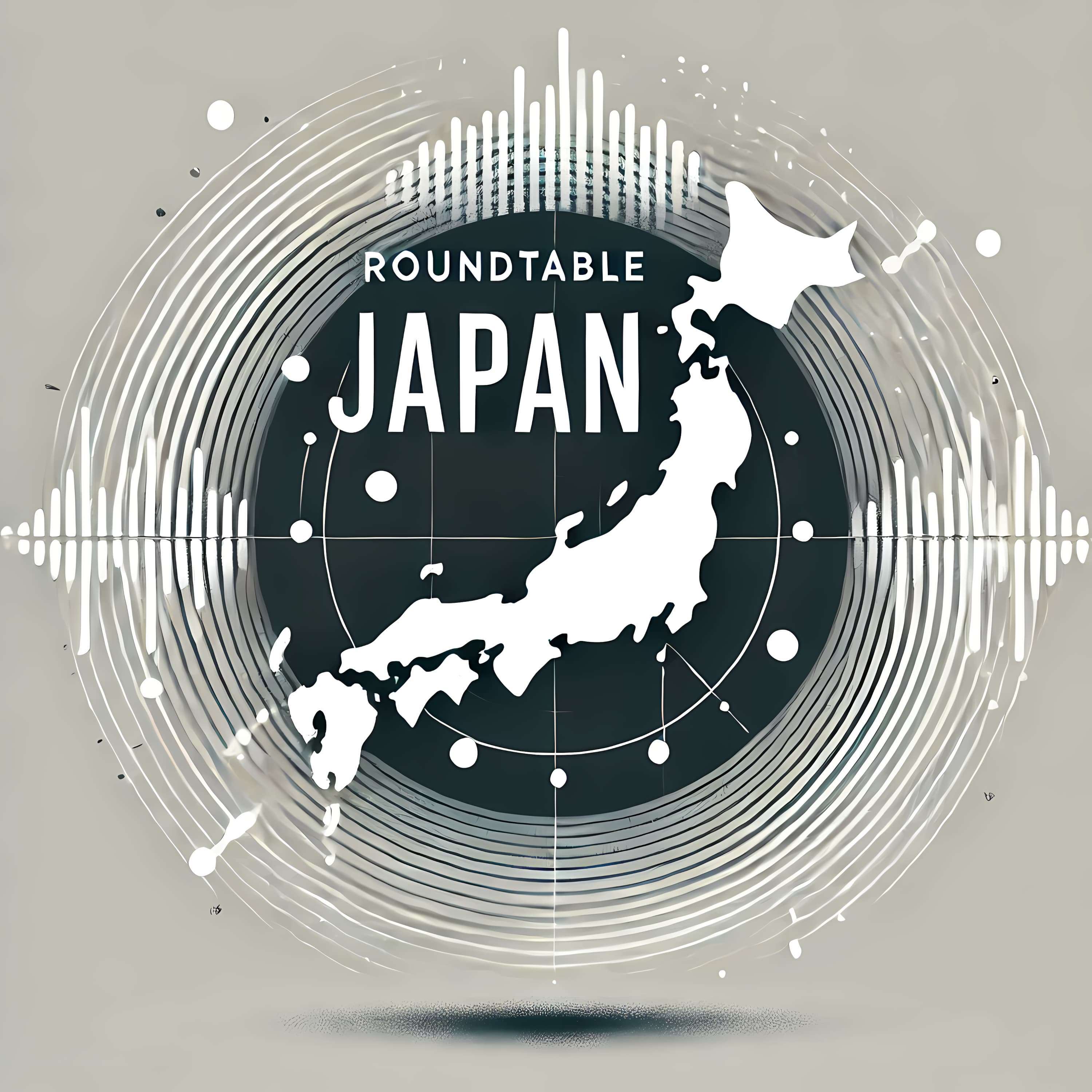Roundtable Japan

Roundtable Japan
Podcast Description
Roundtable Japan is a bilingual podcast on modern and contemporary Japan sponsored by the Toshiba International Foundation. This series brings together scholars and experts from around the world to discuss a single theme each time. Topics will be selected from major themes in modern and contemporary society. Each episode will be accompanied by transcripts and/or subtitles, a reading list, etc., to make it accessible to the broadest audience possible.
公益財団法人 東芝国際交流財団のご提供でお届けするラウンドテーブル・ジャパン (Roundtable Japan)は、近現代日本に関するポッドキャストです。このシリーズでは、世界中の専門家や当事者が、現代社会などの主要テーマを毎回1つ選んで議論します。各エピソードには、できるだけ幅広い視聴者層にお楽しみいただけるように、文字おこし(トランスクリプト)や字幕、関連文献なども併せて公開されます。
Podcast Insights
Content Themes
The podcast covers significant topics related to modern and contemporary Japan, with themes such as homelessness, urban policy, and social dynamics. An example episode discusses Japan's approach to homelessness, examining historical data, current challenges, and implications for other countries, thus offering a complex understanding of societal issues.

Roundtable Japan is a bilingual podcast on modern and contemporary Japan sponsored by the Toshiba International Foundation. This series brings together scholars and experts from around the world to discuss a single theme each time. Topics will be selected from major themes in modern and contemporary society. Each episode will be accompanied by transcripts and/or subtitles, a reading list, etc., to make it accessible to the broadest audience possible.
公益財団法人 東芝国際交流財団のご提供でお届けするラウンドテーブル・ジャパン (Roundtable Japan)は、近現代日本に関するポッドキャストです。このシリーズでは、世界中の専門家や当事者が、現代社会などの主要テーマを毎回1つ選んで議論します。各エピソードには、できるだけ幅広い視聴者層にお楽しみいただけるように、文字おこし(トランスクリプト)や字幕、関連文献なども併せて公開されます。
This roundtable brings together several leading scholars to examine Japanese sports through historical and sociological lenses. The discussion offers a dynamic look at how sports reflect and shape Japanese society by exploring themes from nationalism and identity to the cultural meanings of celebrity and disability.
Dr. Robin Kietlinski, historian, gender studies and Japanese studies scholar, opens the conversation with an exploration of sports in Japan’s modernization, from Meiji-era gender relations to Olympic environmentalism. Her insights frame sport as both a political tool and a symbol of national reinvention, with particular reference to female sporting figures and the sustainability movement.
Dr. Dennis Frost, historian of sports celebrities and disability games, discusses how athletes with disabilities and popular figures like Naomi Osaka challenge and expand Japan’s definitions of ability, identity, and representation. He will explore the legacy of the Tokyo 2020 Paralympics and the politics of inclusion in sport.
Finally, Dr. Aaron L. Miller, anthropologist of Japanese sports, delves into the everyday practices of sport in Japan—from high school baseball’s moral education to how athletes in “minor” sports like basketball approach their craft even as they struggle to attain “major sport” status. His ethnographic approach uncovers how values like endurance, hierarchy, and group belonging are embedded in sporting life and why Japanese use sports to maintain a sense of ethnic uniqueness.
NB: due to scheduling difficulties, Nakazawa Atsushi (Waseda) and Yamaguchi Ichirō (Mainichi Shinbun, retired) were unable to participate in the recording, but we thank them for their generous contributions to the planning of this episode.

Disclaimer
This podcast’s information is provided for general reference and was obtained from publicly accessible sources. The Podcast Collaborative neither produces nor verifies the content, accuracy, or suitability of this podcast. Views and opinions belong solely to the podcast creators and guests.
For a complete disclaimer, please see our Full Disclaimer on the archive page. The Podcast Collaborative bears no responsibility for the podcast’s themes, language, or overall content. Listener discretion is advised. Read our Terms of Use and Privacy Policy for more details.